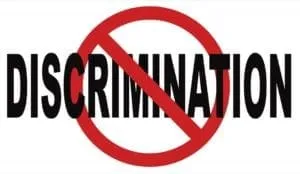
Jacqueline Berrien, the Chair of the EEOC recently clarified the EEOC’s position when it comes to employment screening.
- The guidance was not designed to give favorable preference to the convicted, but something needs to be done to facilitate the re-entry into the workforce of people with criminal records.
- She agrees it is prudent to do the criminal background checks and cited examples of how to apply the results to the decision to use that adverse information in the hiring decision.
- The EEOC is not trying to stop criminal background checks but the convicted need a chance for re-entry into the workforce.
- The EEOC will look to NAPBS in the future for our guidance should they choose to modify their guidance or need input on subjects related to our industry.
- Ban the box is not a federal requirement, but this would be their preferred practice.
They are definitely trying to enforce the guidelines, even going so far as to sue employers. Two suits have been filed, both are pending. Also, Pepsi and JB Hunt have agreed to change their practices as a consent to make EEOC threats go away.
What’s the EEOC’s objective

The U.S. Equal Employment Opportunity Commission enforces Federal laws prohibiting employment discrimination. These laws protect employees and job applicants against employment discrimination when it involves:
- Unfair treatment because of race, color, religion, sex (including pregnancy), national origin, age (40 or older), disability or genetic information.
- Harassment by managers, co-workers, or others in the workplace, because of race, color, religion, sex (including pregnancy), national origin, age (40 or older), disability or genetic information.
- Denial of a reasonable workplace accommodation that the employee needs because of religious beliefs or disability.
- Retaliation because the employee complained about job discrimination, or assisted with a job discrimination investigation or lawsuit.
